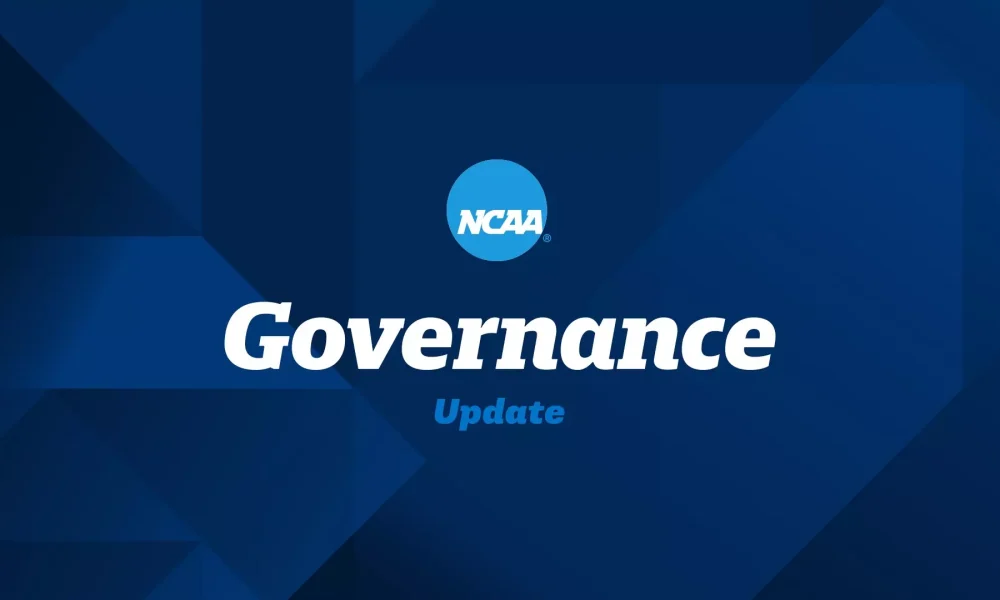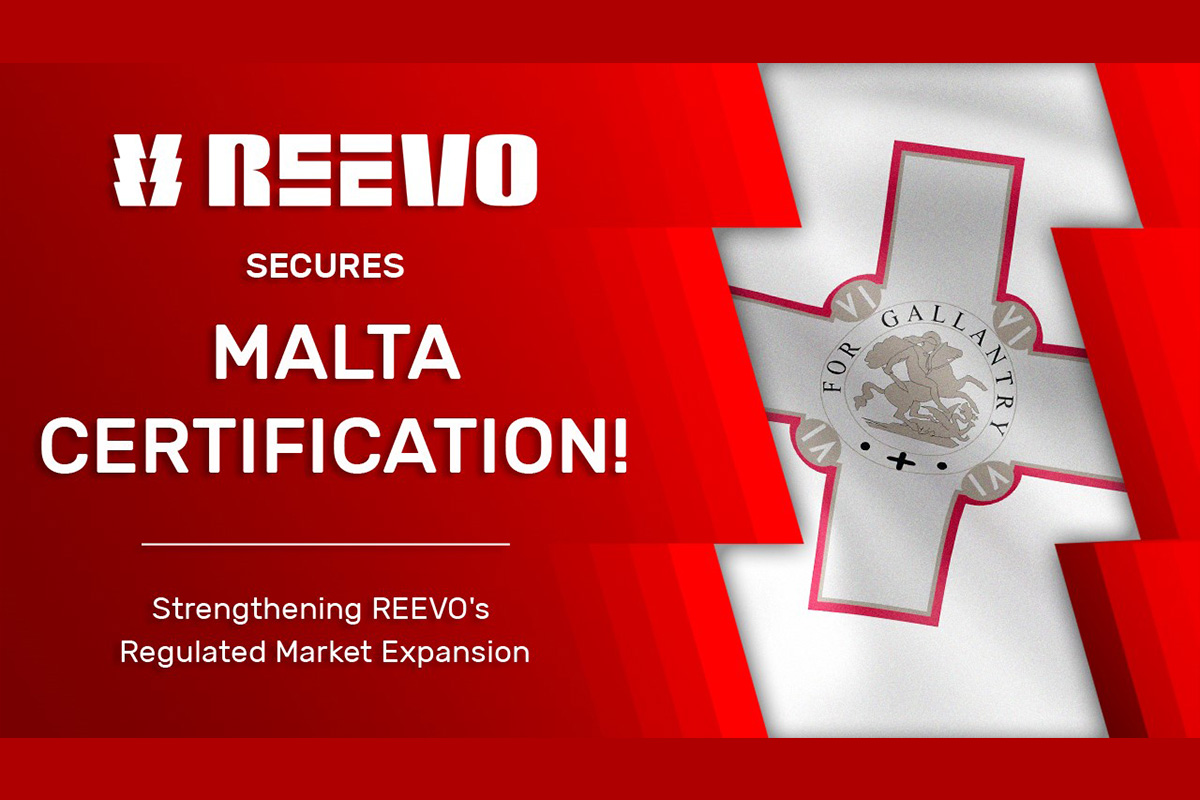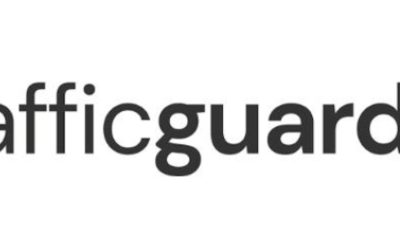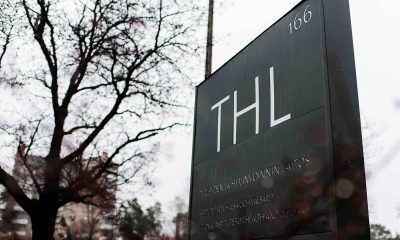Compliance Updates
New Initiative from DI Council Aims to Enable Betting on Professional Sports

The Division I Council introduced a proposal that, if adopted in October, would change sports betting rules to permit student-athletes and staff members to bet on professional sports and refocus the Association’s enforcement efforts on college sports betting and behaviors that directly impact game integrity. If adopted, the change will be implemented only if Divisions II and III also vote to allow betting on pro sports.
The council’s introduction of the proposal, which comes after a directive from the Division I Board of Directors in April that the council adopt changes to sports betting rules, is not an endorsement of sports betting behaviors, especially for college athletes. The NCAA’s prohibition against betting on college sports would remain in place, as would the prohibitions against sharing information about college events with bettors. The NCAA also would continue to maintain its prohibition for NCAA championships against advertising and sponsorships associated with betting.
“NCAA rules prohibiting sports betting at all levels were written and adopted at a time when sports gambling was largely illegal nationwide,” said Josh Whitman, athletics director at Illinois and chair of the council. “As betting on sports has become more widely accepted across the country, Division I members have determined that further discussion of these sports betting rules is warranted, particularly as it relates to the potential distinctions between betting on professional versus collegiate sports. Throughout our discussions, the council has remained focused on student-athlete wellness and educating student-athletes about the risks and potentially harmful impacts of betting.”
Current NCAA rules do not allow student-athletes or institutional staff to engage in sports betting at any level (professional, college or amateur) for any sports that have NCAA championships, and NCAA members have continually maintained that any betting by a student-athlete on his or her own team or own sport in college should continue to result in a permanent loss of any remaining collegiate eligibility. However, in 2023, Division I changed the reinstatement guidelines for student-athletes who participate in sports betting on professional sports to focus on harm reduction for problematic betting behaviors.
“Deregulating professional sports betting may provide schools an additional opportunity to implement harm-reduction strategies, which can be more effective and have long-term benefits not seen with abstinence-only approaches. Harm-reduction strategies include education, stigma reduction and acknowledging actual behaviors,” said Dr. Deena Casiero, NCAA chief medical officer. “By meeting student-athletes where they are, schools may be more effective at preventing, identifying and supporting student-athletes with problematic gambling behaviors. Regardless of the change, schools are encouraged to use the many sports betting resources already available.”
The recently released Harm Reduction Considerations for Gambling & Sports Betting in Collegiate Sports references available sports betting resources, including the NCAA Mental Health Best Practices. Additionally, more than 100,000 student-athletes, coaches and administrators have been reached through the NCAA’s education efforts with EPIC Global Solutions, and the NCAA has launched an e-learning module to educate student-athletes on problem gambling harms and the integrity risks associated with sports betting.
Several sports betting-related violations by staff members at NCAA schools have been resolved through the infractions process in recent years, and the enforcement staff is working on issuing Notices of Allegations in several ongoing cases that involve allegations of betting on professional and college sports by student-athletes and/or athletics department staff members at a handful of NCAA schools.
The proposed rule change would not be retroactive. If it is adopted, it would apply only to sports betting activities that occur after the effective date of the proposal.
“The enforcement staff’s sports betting-related caseload has significantly increased in recent years, and our staff — including our new sports betting integrity unit — has been effective in detecting and pursuing violations,” said Jon Duncan, NCAA vice president of enforcement.
The Association prioritizes competition integrity, which is vital to college sports. The NCAA uses a layered strategy to respond responsibly to the rise in sports betting across the United States by monitoring over 22,000 contests per year, advocating for limits on prop bets that pose heightened risks, reducing the potential for student-athlete abuse by aggrieved bettors, and creating greater transparency to assist with the timely investigation and resolution of integrity-related issues.
This layered approach includes the most recent agreement extension with Genius Sports to establish unprecedented betting restrictions on high-risk proposition bets. Sportsbooks licensing NCAA championship data must cooperate fully with NCAA investigations, including providing access to account data, financial history and geolocation records. This will allow the NCAA to work with the sportsbooks to gather detailed account information when harassers are identified to prevent repeat offenders from continuing to place bets across platforms, increasing safeguards to protect student-athlete mental health and well-being.
The post New Initiative from DI Council Aims to Enable Betting on Professional Sports appeared first on Gaming and Gambling Industry in the Americas.
Africa
EveryMatrix gains South Africa licence with customer launch pipeline on the rise

EveryMatrix has obtained official licensing consent to provide its complete platform technology in South Africa, with its client pipeline quickly expanding throughout the continent and significant customer launches approaching.
EveryMatrix South Africa (EMSA) has obtained a manufacturer’s license from the Western Cape Gambling and Racing Board and is now permitted to offer its modular and turnkey platform solutions in sports, casino, player account management (PAM), payments, and affiliate management to top local and international operators.
The tier-1 technology provider has achieved considerable progress throughout Africa recently, collaborating with numerous local brands and finalizing agreements with several others set to launch in the upcoming months.
The purchase of FSB Technology has also given it additional access to South Africa and various other developed and developing iGaming markets on the continent.
An increasing number of major local and global tier-1 operators, as well as World Lottery Association member organizations in essential regulated markets, are choosing EveryMatrix’s turnkey platform technology.
Mark Schmidt, Managing Director, Africa, EveryMatrix, said: “Bringing our full suite of turnkey platform products into South Africa under our new licence is enabling us to power some of the biggest brands here, giving them access to technology that will instantly unlock their potential and drive market growth. In the coming weeks and months, we’ll be announcing some major deals so watch this space.
“Our casino, sports, PAM, payments, games and content aggregation and affiliate management solutions, supported by our local experts who understand their needs and challenges are providing an offering no one else has been able to offer so far in South Africa and across the continent.”
The post EveryMatrix gains South Africa licence with customer launch pipeline on the rise appeared first on Eastern European Gaming | Global iGaming & Tech Intelligence Hub.
ANJ
ANJ Warns French Gambling Operators Over 2026 World Cup Ad Budgets

During its review of gambling operators’ 2026 promotional strategies, the French National Gaming Authority (ANJ) observed a significant increase in their promotional budgets (over 25%), which they attributed in particular to the FIFA World Cup calendar. In this context, to prevent any risk of advertising overexposure and the development of excessive gambling, the ANJ has asked all operators not to exceed their announced budgets.
FIFA’s recent announcement of the introduction of water breaks (or “hydration breaks”) during the Football World Cup, leading to the introduction of 2 minutes of additional advertising breaks during each match, has reinforced the concerns of the ANJ.
Given the prevalence of problem gambling in sports betting (15.3%), and the fact that 18% of 18-24 year olds were gambling in 2024, this announcement does indeed raise fears of an intensification of advertising pressure on the most vulnerable players.
During discussions with the ANJ (National Gaming Authority), ADMTV (which represents all the advertising sales houses of television broadcasters and streaming services) informed them that a major broadcaster had decided not to sell refreshment breaks to advertisers in the gambling sector. This broadcaster also committed to respecting the codes of conduct and recommendations established by ARCOM, ANJ and ARPP since 2022. The ANJ has taken note of this.
Following this announcement, it calls on all stakeholders, broadcasters as well as gambling operators, to exercise restraint in promoting these new spaces, including in activating their partnerships.
Furthermore, it reiterates its call for broadcasters to respect the rules prohibiting advertising for illegal gambling and games of chance, particularly online casinos.
Finally, she asks the legislator to take up in the future her proposal to establish a whistle-to-whistle ban and a strengthened framework for sponsorship of major sporting events.
The post ANJ Warns French Gambling Operators Over 2026 World Cup Ad Budgets appeared first on Eastern European Gaming | Global iGaming & Tech Intelligence Hub.
Compliance Updates
REEVO Secures MGA B2B Licence

REEVO, the iGaming aggregation powerhouse, has announced that the company has been granted an official MGA B2B Licence by the Malta Gaming Authority (MGA), further reinforcing REEVO’s commitment to regulatory excellence and its continued expansion across regulated markets worldwide.
This major milestone reflects REEVO’s dedication to delivering compliant, secure and scalable aggregation solutions to operators globally, while strengthening trust and long-term partnerships across the iGaming ecosystem.
With the MGA B2B licence in place, REEVO continues to elevate its position as a trusted supplier in regulated jurisdictions, offering partners the stability, integrity and performance needed to thrive in today’s evolving market landscape.
“This achievement represents another key step in REEVO’s global growth strategy. Securing an MGA B2B licence strengthens our ability to support operators with confidence, while reinforcing REEVO’s long-term commitment to compliance, reliability, and innovation,” said Karl Grech, Head of Business Development at REEVO.
The post REEVO Secures MGA B2B Licence appeared first on Eastern European Gaming | Global iGaming & Tech Intelligence Hub.
-

 Amusnet5 days ago
Amusnet5 days agoWeek 7/2026 slot games releases
-

 Aphrodite’s Kiss5 days ago
Aphrodite’s Kiss5 days agoLove on the Reels: Slotland Introduces “Aphrodite’s Kiss”
-

 Denmark6 days ago
Denmark6 days agoRoyalCasino Partners with ScatterKings for Company’s Danish Launch
-

 Finnish Institute for Health and Welfare7 days ago
Finnish Institute for Health and Welfare7 days agoFinland’s Health Authority Launches “2-4-2” Gambling Risk Limits Ahead of Expected Advertising Boom
-

 Latest News6 days ago
Latest News6 days agoWinSpirit’s UnValentine’s Day: A New Take on February Engagement
-

 Bryndís Hrafnkelsdóttir7 days ago
Bryndís Hrafnkelsdóttir7 days agoNOVOVISION Implemented at the University of Iceland Lottery
-

 40 Treasures7 days ago
40 Treasures7 days agoCT Interactive Enters into Partnership with Mozzartbet.rs
-

 Booming Games6 days ago
Booming Games6 days agoTreasure Hunt Revival — Booming Games Launches Gold Gold Gold Hold and Win





























